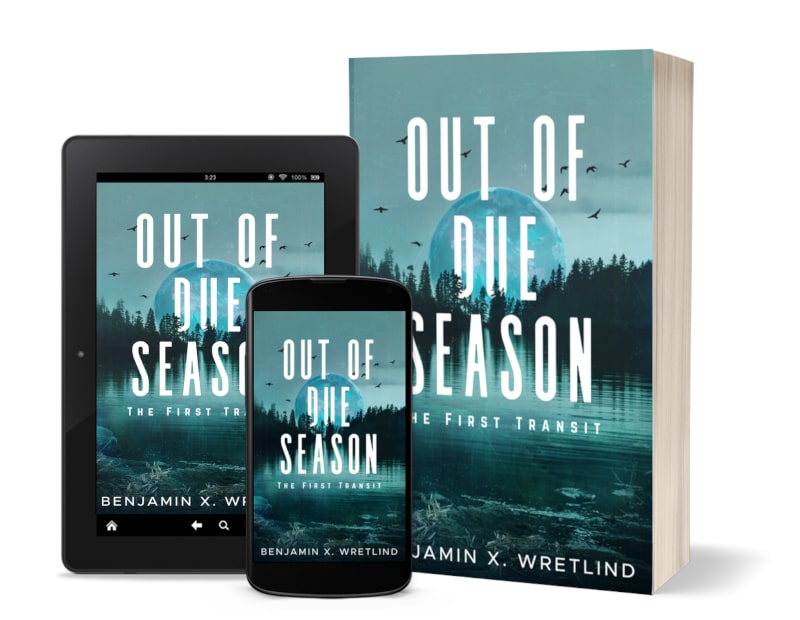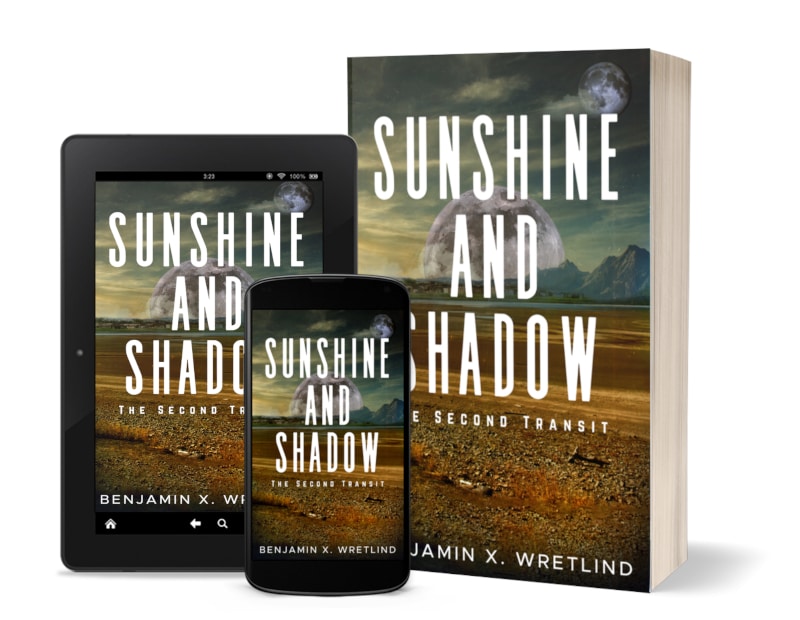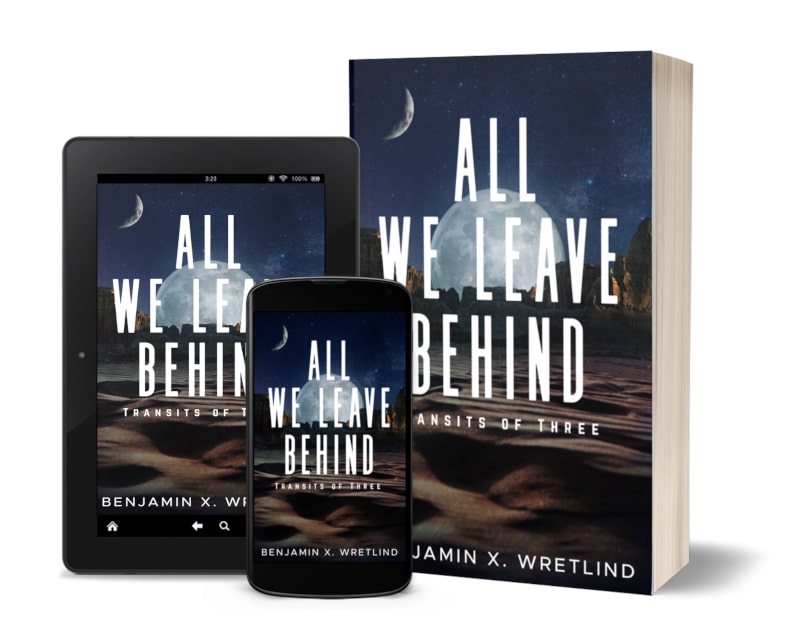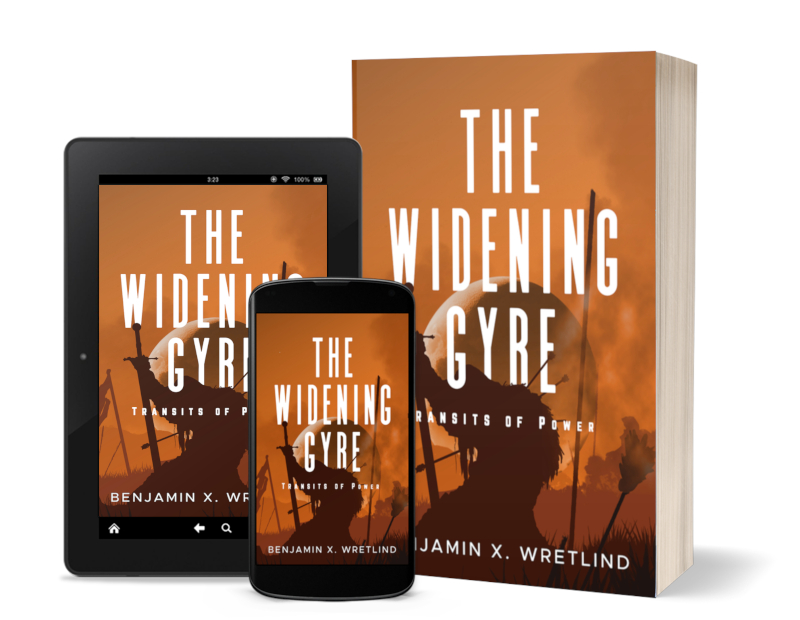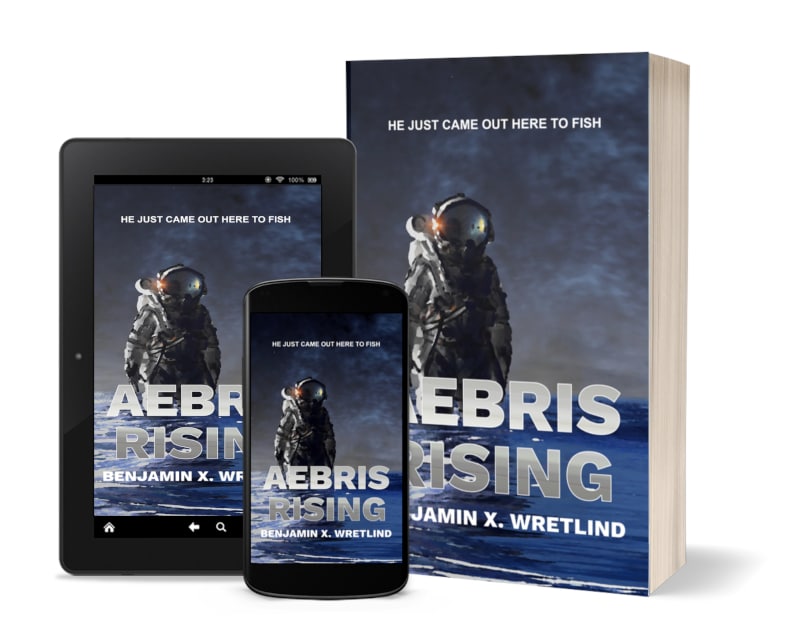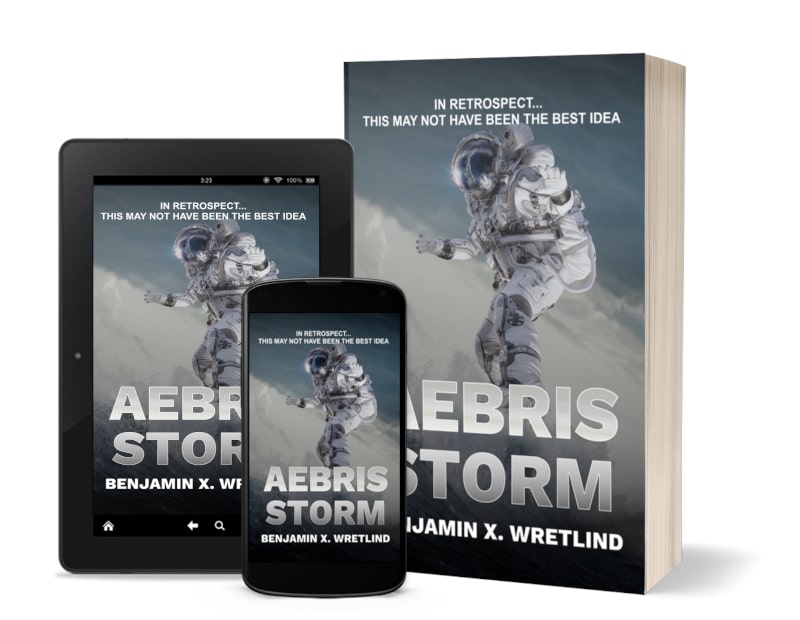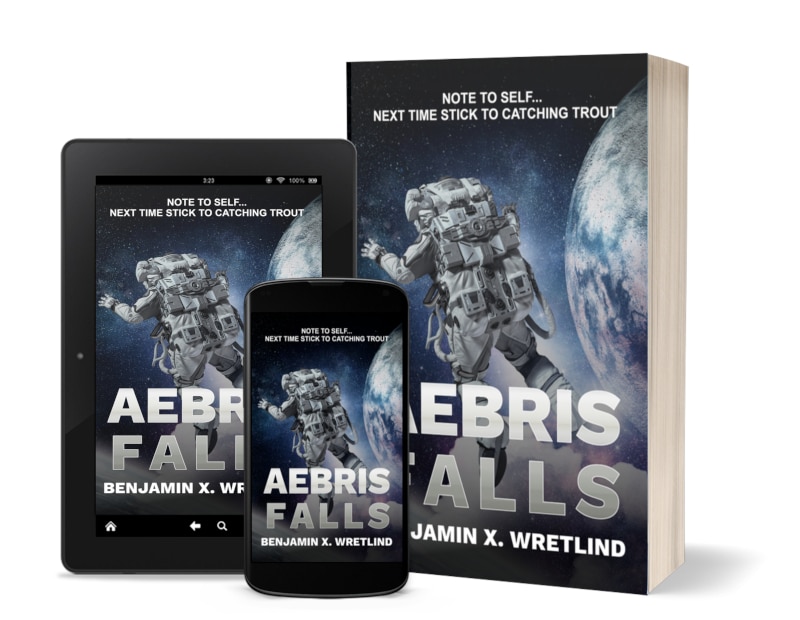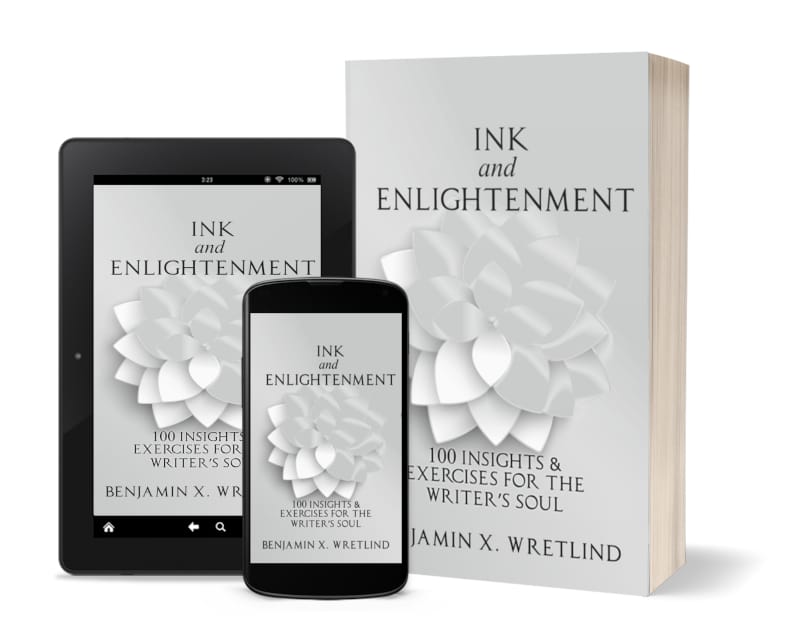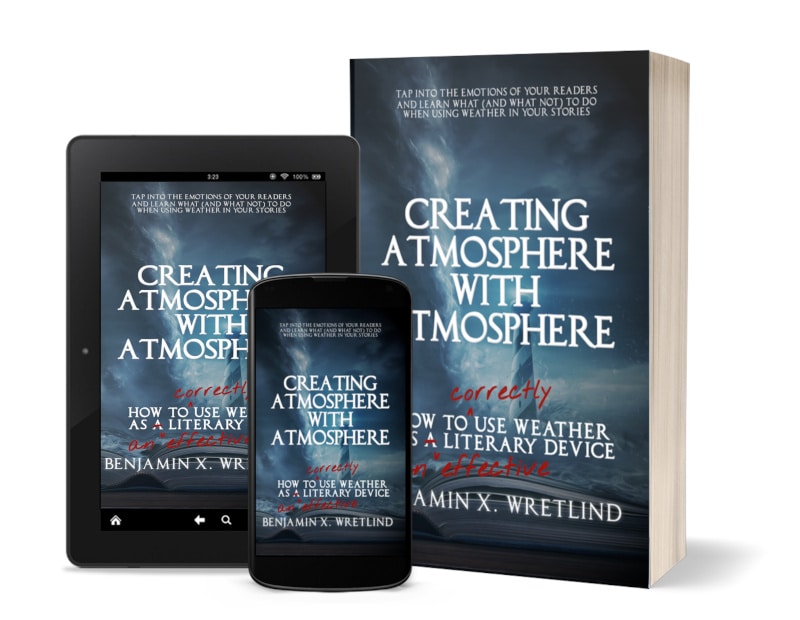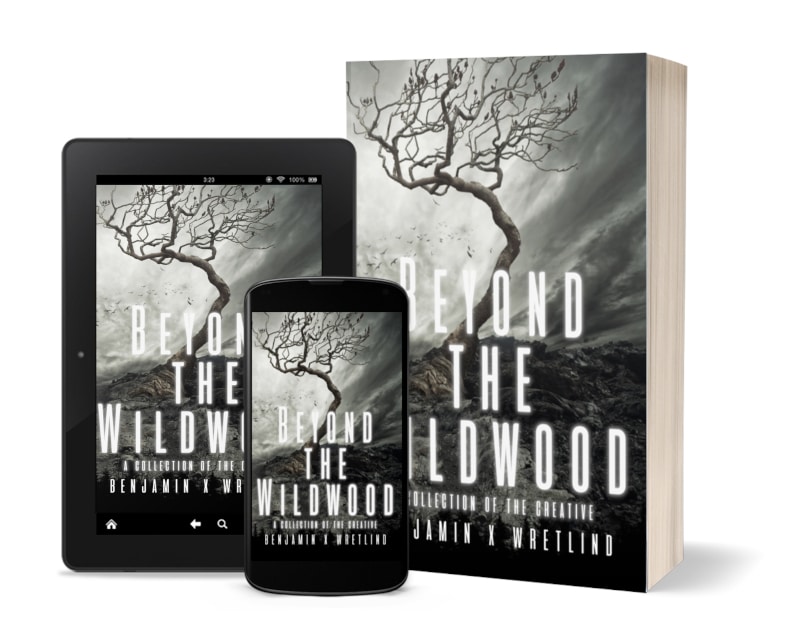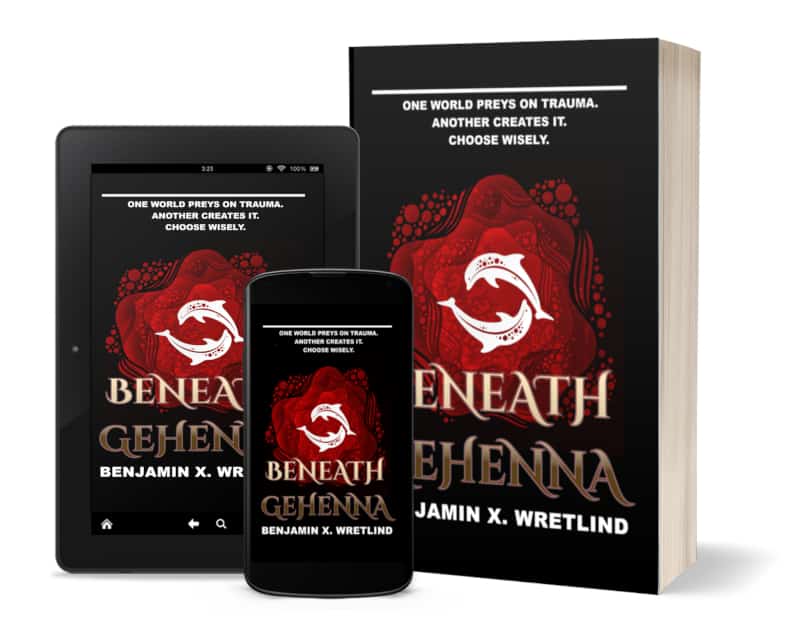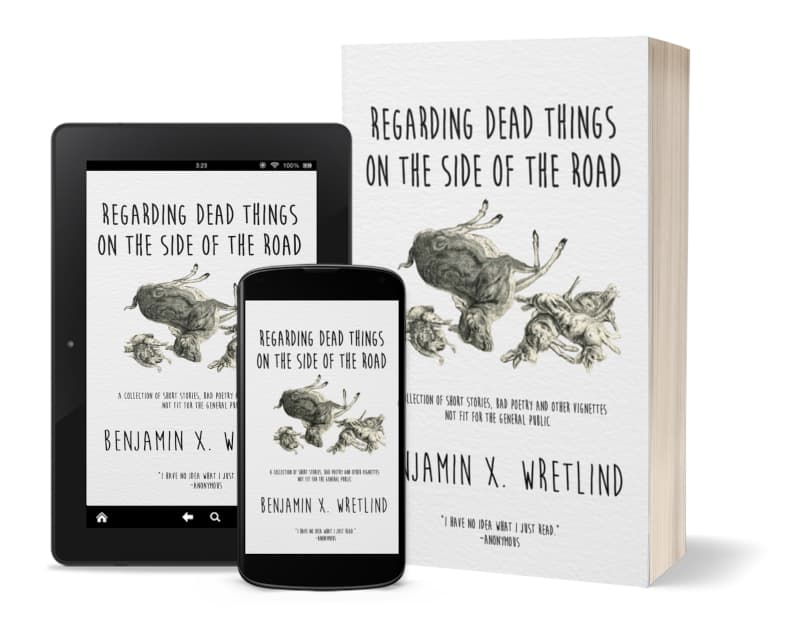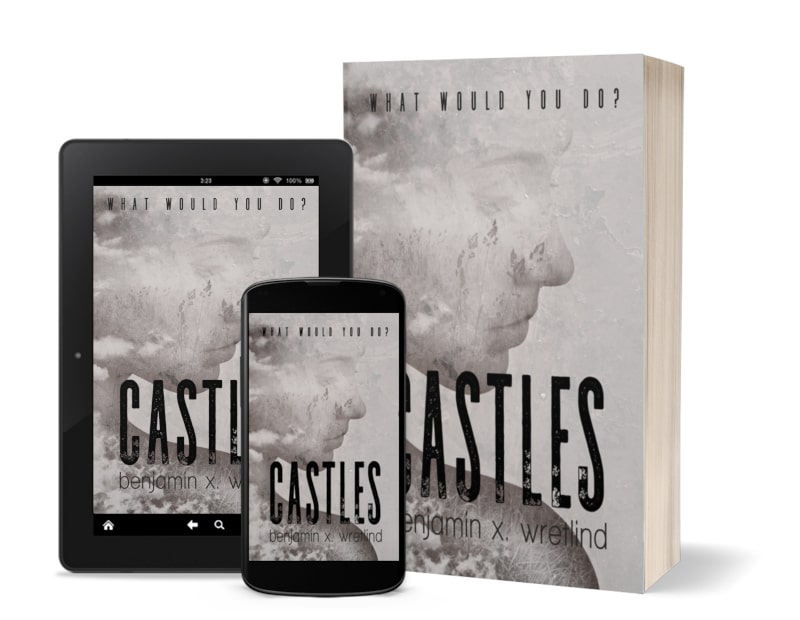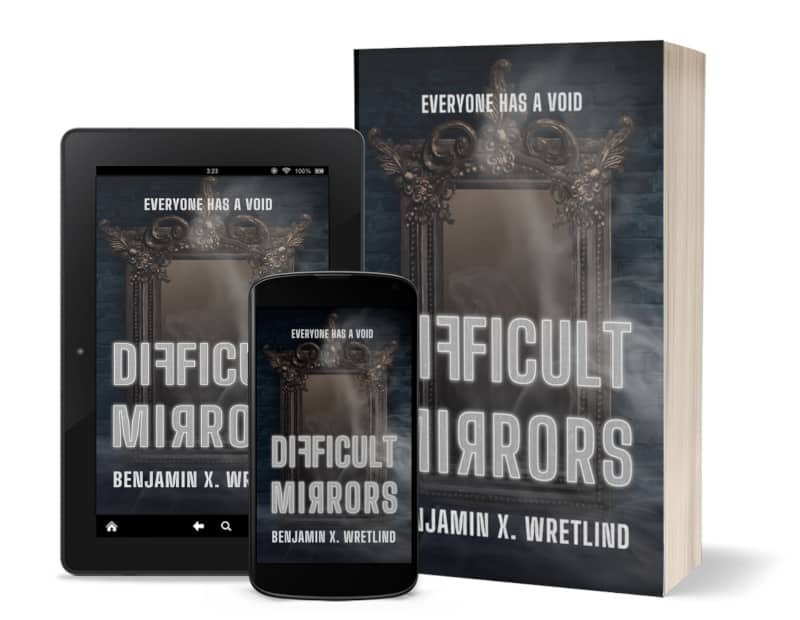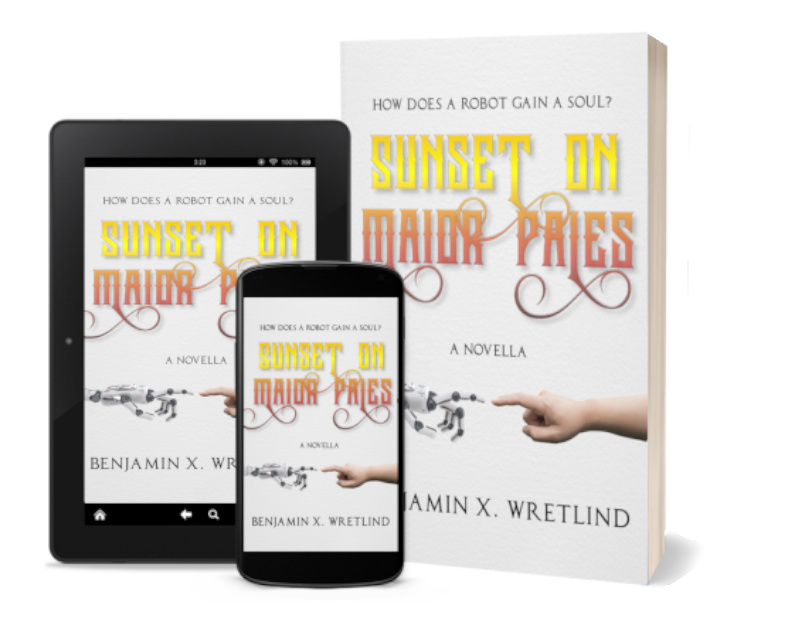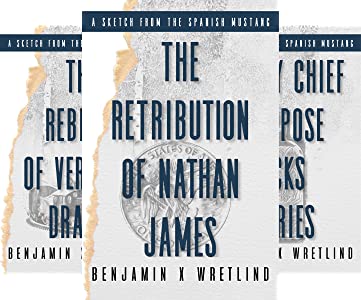Review: Twenty-Eight by Raymond Beaman – A 2022 Indie Author Review Selection
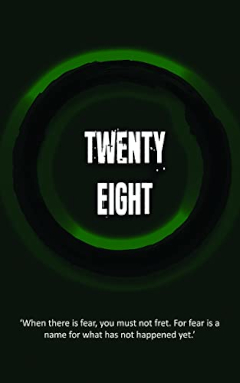
Description • The Review • Author Interview • More About the Author
Description (from Amazon.com)
Something strange is happening on the family farm, Kat’s life has never been the same since the moment that she met Kara, a man discovers a strange box that contains a hint to his dark and hidden past and ultimately, there is nothing like loss to truly remind you of what you once had.
Where each chapter is its own mystery and each story is something entirely new, delve in and discover the horror, the intrigue and the tragedy within the entire collection of short horror stories written by Raymond Beaman over the course of a single year.
There are twenty-eight stories, twenty-eight disturbing tales and twenty-eight protagonists, each trying to make sense of their nightmarish realities in a page turner that will keep you hooked from the very beginning.
From the grisly murders of the Archangel Killer to the desolate, haunted halls of Dreyton Pass, embark upon a journey that will keep you guessing, keep you questioning and keep you horrified all the way to the very end.
This is Twenty-Eight.
The Review
Short stories are not easy to write. To bring in all the plot elements in such a confined space–usually between 1000 and 8000 words–is like stuffing a small chicken with a full turkey. In other words, it’s not easy. If you think of the plot elements of exposition, conflict, rising action, climax, and denouement, you have to wonder how you can fit it all in a few pages in a way that doesn’t bore you with exposition or denouement or shock you with a shortened bit of rising action that leads to an unfulfilling climax. The beauty of a good short story is that the climax is the end. That, frankly, is what makes a story stick. After all, that denouement is left with your imagination.
Raymond Beaman seems to have the right skills (or is that “write” skills?) to pull off great short stories in the vein of Ray Bradbury, Shirley Jackson, and Frank R. Stockton. Written over the course of a year, the 28 short stories in the aptly named collection Twenty-Eight range from horror to psychological thrillers to tragedies that are not expected. As a fan of psychological stories, I was immediately drawn in by Beaman.
Within the pages of Twenty-Eight there are serial killer stories, ghost stories, stories about stalkers, and twists galore. All of them are written in the first person, which can be difficult to pull off but is done so very well here. At times I felt like I was reading a treatment for a Twilight Zone script and at other times I was reminded that originality still exists within the world of authors. Beaman also snuck in a story written by his wife with a very touching introduction. A treat, for sure.
It is hard to point out which of the 28 short stories was my favorite, but if I had to choose one within Beaman’s collection it was “There’s No Place Like Home.” While the twist was not as strong as in some of the other stories, the initial fear of the character was palpable, like a nagging chest pain. As the story progressed, that fear/anxiety shifted onto another character in a way that was seamless.
Like I said, writing short stories is difficult. Pick up Raymond Beaman’s Twenty-Eight and take a look at how great short stories are written. You won’t be disappointed.
Available at Amazon: https://amzn.to/3KfovX9
Author Interview
You mentioned somewhere that Twenty Eight contains 28 short stories written in a year. How did you manage that?
It was by accident really. After the release of my first novel, I had kind of hit an impasse. The book did not perform as well as I had hoped and if truth be told, I was not surprised. It was the first serious thing that I had ever written and in hindsight, it was a rather weak attempt. I guess I got caught up in the excitement of creating, of putting something of mine out into the world and as a result, the final product suffered. I was not as stringent with editing as I should have been, I overused descriptors and ultimately, it was not at the level that I have now come to expect of myself. Honestly, I regret parts of it. The story was unique enough but unfortunately, the execution was lacking. On the back of this, I kind of took a break from writing and instead of creating, I lost myself in other people’s work. England had just entered lock-down and with nothing but time, my family and I watched a lot of films. My wife has always been big into horror and before we met, it was never a genre that I had given a second glance but during those uncertain moments in 2020, I took the plunge and I never looked back. Because of my wife, a whole other world of ideas was suddenly there and I never stood a chance. Suddenly, I saw, that when done right, the genre of horror was deeper than I could have ever possibly imagined; it could tap into the darkest parts of you; the fears, the worries; sometimes manifested through metaphor, through imagery and then at other times, personified through gore and through visceral violence. Being a big fan of psychological thrillers, I suddenly saw that when done right, horror could shine a light on the inner workings of the human being, and it was that dark place, the place where we keep our fears, our real fears that really left a mark on me. I have always loved the idea of exploring ‘broken people’ and the backdrop of horror seemed like the perfect place to do that. So, still feeling a little beaten up after my first novel, I decided to refine my writing style in preparation of my next novel. What essentially started as an exercise to sharpen my craft eventually grew. One story turned into two and two into four and it was at this time, I began to submit them to YouTube narrators. From here, I made a lot of friends within the horror community and from the positive reaction I got from their audiences, my motivation only grew. And then, after around a year, I realised that I had essentially written another book. The final product was most definitely an accident but a happy one, one only made possible by the incredible support of the horror community, the kind words of their audiences and of course, the unwavering support of my wife, who without her, none of this would have been possible.
All of your stories are written in the first person. Was this a natural style or were you being purposeful?
When I began, I found that the first person perspective really fit what I was trying to achieve. Personally, within horror, I find that a third person perspective in certain situations can create a kind of disconnect between the writer, the reader and the story. For me, when reading horror from the third person perspective, you, as the reader, are kind of on the outside, looking in. This for me can create a kind of numbing effect when it comes to evoking the required emotions within the reader. It is much easier for the reader to tackle difficult emotions created from difficult situations when they are essentially a third party to the story that they are reading. With first person however, I found that this opened up so many avenues for me. Not only did it help to create a connection between the reader, the story and the protagonist, but it also enabled more complex plot devices. For example, the unreliable narrator. We all take for granted information we are told, often believing the validity of it if told from someone we consider to come from a place of authority and I found that this was a very fun thing to play with when writing these stories; it enabled me to twist the narrative in ways that had not been previously possible with the third person perspective. Also, it helped that I naturally found it easier to imagine myself in these scenarios when writing these stories so I guess, both answers would be true; it was a natural style for me but also purposeful to the aims I was trying to achieve.
How do you tackle exposition or scene setting within a short story?
This is a tricky one. I have found throughout my time writing, that I have a tendency to treat the scene or setting of the story as an entirely independent character. For example, within ‘The Night Watchman,’ I was resolute from the start that Dreyton Pass had to have a personality of its own. Of course, an abandoned asylum is cliché within the genre but what I attempted to do with the trilogy was give the building a voice. The way I tried to accomplish this was through setting the scene, through description, by utilising weather (which I do a lot) and through other means, such as the voice on the radio. After a little feedback on this story also, I found that Dreyton Pass, as a character, was also self aware of the cliched nature of its existence and thus, the protagonist too. This provided me with the ability to have a little fun with the fourth wall and still to this day, this was the most fun that I have ever had writing a story. I do find that within the confines of a short story, setting the scene and the setting can prove to be quite difficult but I think that I successfully navigate this by treating it as another character, with its own traits, its own quirks and its own motivations. By doing this, the story and the setting grow naturally around the rest of the characters and in my opinion, really add to the atmosphere that the narrative is driving.
What is your favorite story in the collection?
Now this is a tough question. If you were to ask my wife, her answer would be ‘Count to Ten.’ This was one of the first short stories I wrote and still, to this day, in her opinion, I have not managed to top it. With ‘Count to Ten,’ my wife and I brainstormed ideas late one Friday evening and the end result, with a little flare, was ‘Count to Ten.’ For her, she found a connection with the setting, with the atmosphere and with the protagonist and I guess, for her, as she was personally involved with the inception, this story will always be special to her. For me however, if I had to give an answer, although I am proud all of the stories within the book, I would have to say the ‘Kara’ trilogy. The reason for this is its simplicity. Although quite a percentage of the book is dedicated to meaning, imagery, metaphor and hidden messages, the ‘Kara’ trilogy was quite simple and as a result, it struck a nerve with me. To me, the ‘Kara’ trilogy is real horror. The story focuses on the simple question of what can happen when one person perceives a relationship that realistically, isn’t there and it is that simplicity, that feeling that ‘this could happen,’ which really resonated with me. Horror should be about life, it should be about our real worries and our real fears. Of course, zombies, ghosts, wendigo and other supernatural beings can illicit a response but I find that real horror is an interesting aspect to explore and upon my exploration of that, I found that true horror comes from us; from people. Kara was just another person, albeit, a broken person but it was what she was capable of and the situations that I put poor Kat in that really struck a cord. So, for me, I would definitely have to say ‘Kara,’ but an honorable mention would have to go to ‘From Dirt.’ My wife is the first person to hear my stories once they have been completed and as such, she has developed a keen ability to predict where I am going with the plot but with ‘From Dirt,’ she never saw the ending coming and that still makes me smile to this day.
Do you have a writing routine?
I used to but like most people in life, other commitments often make a routine hard to maintain. Most recently, my time has been stretched between my YouTube channel and my real life but prior to this, when I had the chance, I would often write every single weekend. The routine that I did have consisted of beginning a story, late on a Friday night when my wife had gone to sleep, when it was only myself and the computer and then editing it the next morning in preparation of the read through with my wife. From here, it would be submitted to a narrator or voice actor and then, the following weekend, the circle would continue. However, with my YouTube channel, the routine, when I could maintain it, became incredibly skewed. For example, as I have only just started narrating, I am a little pressed for material and as such, I have become reliant on writing my own material, recording it and producing it which as you can imagine, when trying to uphold an upload schedule is a mammoth task. One of my new stories, ‘The Last Stop,’ was literally written, recorded and produced within a day or so but I have come to find that this impossible to maintain. A such, I have winded it back a bit, not only for my own sanity but for the quality of the story. If I were to continue in this fashion, the only way that I could make it work would be for the quality of the story to suffer. These days, my writing routine is less stringent on deadlines which means I write when I am inspired and I could not be happier. Before changing my routine, writing was beginning to feel like a job and I already have one of those! So, scaling it back a bit has really been beneficial for me as I have removed the self imposed expectations and now I find that when I do write, the passion from before has most definitely been rekindled.
I’m a fan of easter eggs in movies and novels. Did you have any in this one?
You and me both! Ever since I watched my first film, read my first book or wrote my first story, foreshadowing and easter eggs have been a big part of everything that I do. I always found that foreshadowing or those little easter eggs that a writer can hide in plain sight are not only incredibly powerful when done correctly but they also serve as a present for the dedicated. For example, I think that the first time I truly began to appreciate the power of these was with ‘The Sixth Sense.’ Still, to this day, I find the dialogue in that movie, the way that the scenes are filmed and how obvious the real story is, so incredibly powerful. The way that the true story was hidden in plain sight, the way that characters literally tell you the twist and the way that the writer hides this from us, by carefully crafting the dialogue to mean one thing on first look but an entirely different thing once the ending was revealed is nothing short of perfection. This is something that I too try and insert into my writing. I literally want to tell you (without telling you) where the story is going, long before you reach the end and if successful, this can add immensely to the ending and even more so, it adds value to rereading the story entirely. I do not want to give too much away about the stories within Twenty-Eight but I can say that there is a lot of foreshadowing, hidden meaning and tons of messages throughout the book. For example, the last nine or so stories (affectionately named ‘The Type-Writer’ series by a good friend) were heavily inspired by ‘Dante’s Inferno.’ In addition to this, ‘From Dirt’ which I mentioned earlier skews the true nature of the story by implying that the events which are unfolding are one thing but in reality, the story has been telling you the truth all along. Even ‘Myopia,’ a silly but fun story has an ending which I was actually quite proud of as when you reach it, the whole story means an entirely different thing. I will say, as an example of this, within ‘Myopia,’ once you have read the ending of the story, check the characters names as in hindsight, this is a little nod towards their true nature. With this little pointer, I will leave you with a hint – what do their names have in common in relation to what they are? One more hint for good luck – each of their names relate to a single character within popular film. Cough, cough; Marvel.
Did you edit out anything you wish you would have kept in?
My editing now really only extends to ensuring that sentences read well, that my spelling is correct and more importantly, that scenes make sense. When editing, I only really ever rewrite certain parts that just don’t feel right and with the rest of my time I’m dedicated to ensuring that the story flows as intended. I have never really removed anything from my stories (chunks of writing) and simply hope that the plot speaks for itself. I have however started quite a few stories, got almost towards the end and then realised, that I have no faith in where the plot is taking me. This rarely happens but it does happen and I think in total, there have been four, maybe five stories that never saw the light of day across the course of the year. There was one actually, which I quite unfortunately finished and even worse, submitted to a narrator. He of course done a fantastic reading of it but I quickly came to realise that the passion I had for the project had dwindled and to make matters worse, it had been intended as a series which meant that the various character arcs remained unfinished. Thankfully, this has only ever happened once and I am usually more self aware when it comes to instances like this but this one, it did slip the net which helped me to be a lot more mindful moving forward.
How has this writing journey been for you?
This journey has been nothing short of amazing. Ever since I was a child, it had been my dream to write a book, to create and write stories and secretly, maybe one day actually form a career out of my passion. Of course, over the course of my life, real life took front seat on my journey and over time, that dream I had as a child grew quieter and quieter but through the years, it was never truly gone. After meeting my wife, after marrying her and starting my life with someone who has given me such love and in return, elicited a love within me I never thought possible, she encouraged me, she supported me and all of a sudden, that dream which I thought I had lost forever seemed possible and with her support, it became a reality. I say this a lot but its true, if it were not for her, I would never have written a single thing, I would never have created and I would not be here now answering these questions. She is responsible for anything good I have ever done and it is a gift that I will never be able to repay although, I will try for the rest of my life.
What’s next?
Next would be more writing. I am currently finishing a course within my professional life but once that is complete, I will be returning to long form writing and hopefully, taking everything I have learned about myself, my voice and my style and applying it into my second novel and continuing on with the dream that I never thought possible. In addition to this, I will aim to grow my YouTube channel and my Twitch Channel (as everybody needs a little down-time) and hopefully, one day, see my name in bookstores. Even if I never achieve this, at least I tried and along the way, met some amazing people and lived the life that I wanted.
More About the Author
Author, Husband, Writer, Freelancer and passable human being. Raymond Beaman is a creative writer trying his best to fulfill a lifelong dream of becoming a published author.
He has a keen love of film, especially those that demonstrate an intricate plot topped with a clever twist. Psychological Thrillers are his preference and a great source of inspiration, as shown through his writings.
During his downtime, away from the jet setter life of being a Finance Officer, he enjoys his free time with his family. Any seconds of the day which remain are wasted away gaming or committed to the attempt of constructing coherent sentences as he continues to write his second novel.
Follow his ramblings at his website as he continues his journey to hopefully one day see his words reach the printed page.
More Indie Author Review Program Reviews 2022



